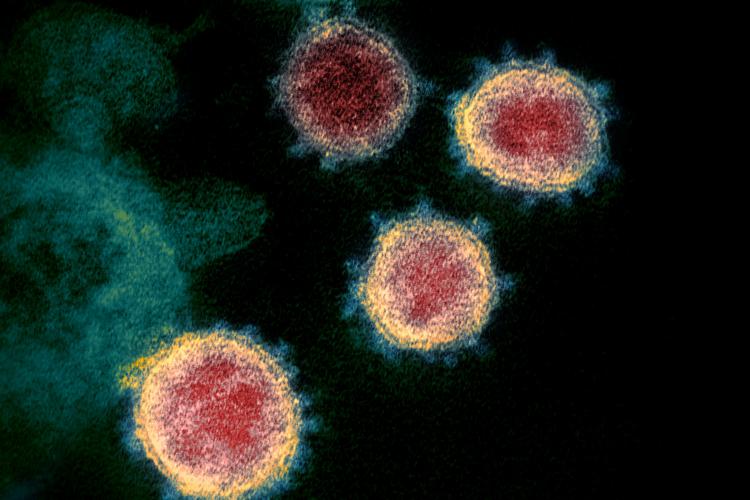EHDEN is offering to harmonise organisations’ clinical data to a standard model, while preserving patients’ privacy. This will make it easier to aggregate and jointly analyse data from different sources, something that is essential if we are to stop the outbreak and save lives.

Since the start of the COVID-19 outbreak, hospitals and clinics around the world have captured vast amounts of data on the disease in patients’ healthcare records. This data, like most healthcare data, is stored in separate databases and different formats, and this drastically limits its usefulness for research.
IMI’s EHDEN project is converting healthcare records from organisations across Europe to a common data model, and linking them up to create a federated data network which still preserves patients’ privacy. The system therefore allows scientists to study data from multiple institutions, and more quickly, delivering insights that would not be found on smaller, individual datasets.
In March, EHDEN researchers took part in a COVID-19 ‘study-a-thon’ using diverse data from 37 healthcare databases, some of which included COVID-19 data. This showed that standardising data can facilitate fast analysis and so support evidence-based decision-making.
Now the project is offering its expertise to organisations that have amassed data from COVID-19 patients and want help converting it to a standardised data format so that it can be used as part of wider studies on the disease. They have launched a ‘Call for data partners’ through which organisations with clinical data on COVID-19 can apply to benefit from this offer.
Organisations have until 14 May to apply; a panel of bioinformatics experts will review the applications as they are received.
‘Recognising that institutions holding COVID-19 data must be over-stretched in terms of clinical duties, the idea is that the overhead be minimal for them,’ explains the project. ‘EHDEN will therefore take care of data mapping and all tooling so that the data sets can be analysed throughout Europe for the benefit of all.’
Successful applicants will receive a grant from EHDEN of up to EUR 50 000 to support the work they will need to carry out to assist with the data harmonisation process; due to the outbreak, this will have to be done remotely.
They will also be invited to participate in COVID-19 research studies to accelerate our understanding of how to combat this pandemic and improve patient outcomes, as well as the ongoing study-a-thon.
‘We will provide financial and technical support to assist with harmonising your data to the OMOP common data model, with a view to linking Data Partners together and with researchers for quicker open science on SARS-CoV-2/COVID-19,’ the project says.
They conclude: ‘We hope that hospitals, clinics and other institutions holding relevant, recent COVID-19 data across Europe are in a position to collaborate and work with us and will be able to participate in this Call given the current situation. EHDEN wishes everyone well in the midst of the pandemic, and is committed to supporting ongoing learning to avoid future loss of life and economic consequences.’
